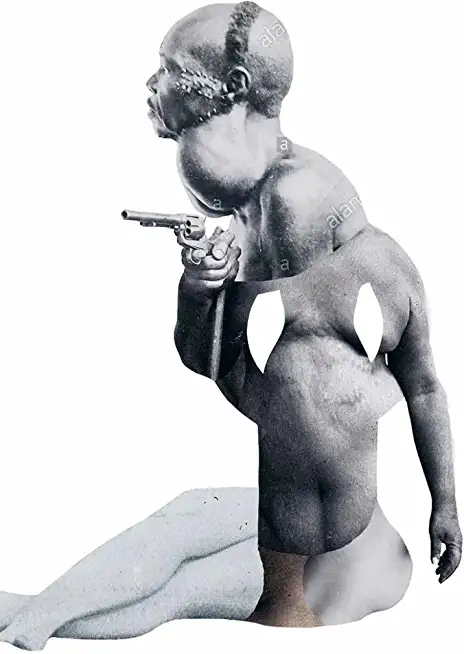
description
6The first full monograph on Frida Orupabo, with images of her collages on paper and aluminum, digital prints, and a new visual essay by the artist. Frida Orupabo's first monograph is published on the occasion of her exhibition at Kunsthall Trondheim. The book contains extensive documentation of her work, including social-media imagery the artist has been producing over the past several years, which forms an integral part of her artistic oeuvre. Essays by Stefanie Hessler, Lola Olufemi, and Legacy Russell provide insights into the relation of the artist's practice to Black visual culture, the archive, and digital life. In her work, Orupabo explores questions of race, family and heritage, gender, sexuality, violence, and identity, while considering the necessity of visibility for political subjecthood. In her research process, Orupabo mines archives with a colonial history, revisiting images that were created through a racialized lens as well as on digital platforms such as Instagram and YouTube. She creates collages from found material, both digital and physical, and videos that are shown in exhibition spaces and distributed on the same online platforms from which she obtains material. The resulting works take the shape of fragmented Black, mostly female-bodied figures, offering various readings of the stories and lives of the people depicted, many of whom are hardly mentioned in the archives. Through relieving the images of their previous context, Orupabo urges viewers to look at them anew. This look can be unsettling--it is met by a countergaze that negates any monolithic categorization of those being depicted. By bridging historical archives and today's digital platforms, Orupabo foregrounds the social and political structures that determine how we see images, and how these structures organize our thinking. In doing so, her work proposes urgently needed alternatives of seeing otherwise.
member goods
No member items were found under this heading.
listens & views

LEGENDARY VOICES: MELANIE KURT
by KURT / BEETHOVEN / VERDI / WAGNER / MASCAGNI
COMPACT DISCout of stock
$19.75
Return Policy
All sales are final
Shipping
No special shipping considerations available.
Shipping fees determined at checkout.






